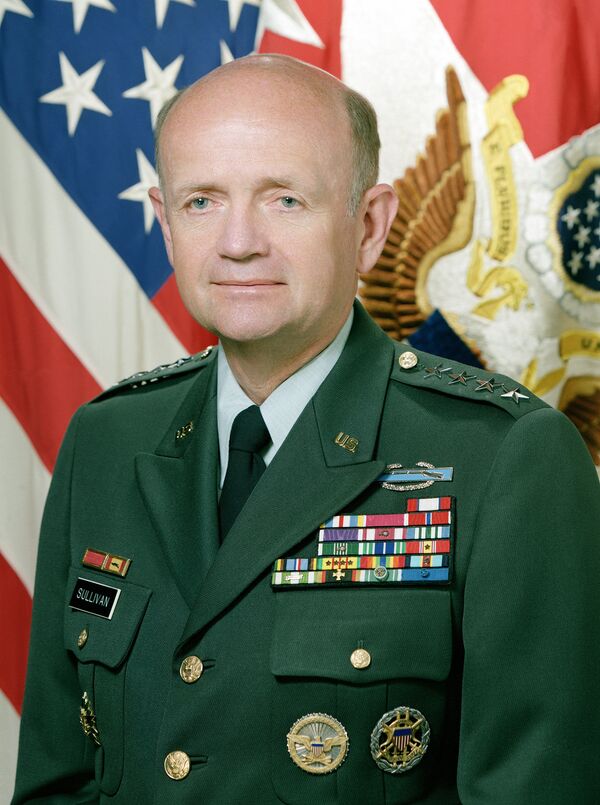In an editorial published Monday by Breaking Defense, retired General Gordon Sullivan said the Army is "confronted by turmoil abroad and hindered at home by politicians unable or unwilling to agree on core American needs."
According to Sullivan, who also served as Army Chief of Staff, American leaders "have developed a mindset that avoids reality," one in which the United States will defeat global terrorism and other threats through "the snap of fingers by a new commander in chief, rather than by rebuilding a battle-worn and underfunded military."
The Army is reeling from more than a decade of war and budgetary cuts, but international threats will not wait as the service recovers, Sullivan writes. Similarly, decisions on national security priorities and defense spending cannot be put off until after the 2016 presidential election, he said.
The number of combined active Army Guard and Army Reserve soldiers is expected to drop by 27,000 this year to a little more than 1 million soldiers. Those diminished numbers are somewhat hidden by special forces that carry out missions once assigned to regular soldiers.

The presence of those elite forces in places like Afghanistan and Iraq, do not "eliminate the need for the Army to be prepared to redeploy a sizable force if that is what is required to blunt Daesh advances," Sullivan writes.
"I wouldn't label our under-resourced Army as weak, as it remains the world's premier land force even now, but we are showing timidity by responding with tough talk but little action to situations where quick, decisive use of force is needed," Sullivan writes.
"Our inaction and hesitation feed an emerging view that the US is unlikely to do anything and if we act, will do only the minimum in terms of showing the flag without going all-in for the victory."



